
‘A Story about the Arctic’: New Photo Exhibition at HSE University
The opening of the ‘Khatanga. Heritage’ exhibition took place in the atrium of the HSE building on Pokrovsky Bulvar. The event was organised with the support of the Russian Geographical Society (RGS). The educational project features photo materials with interactive tours, as well as a series of videos and a podcast that draw attention to the cultural and environmental aspects of the region.
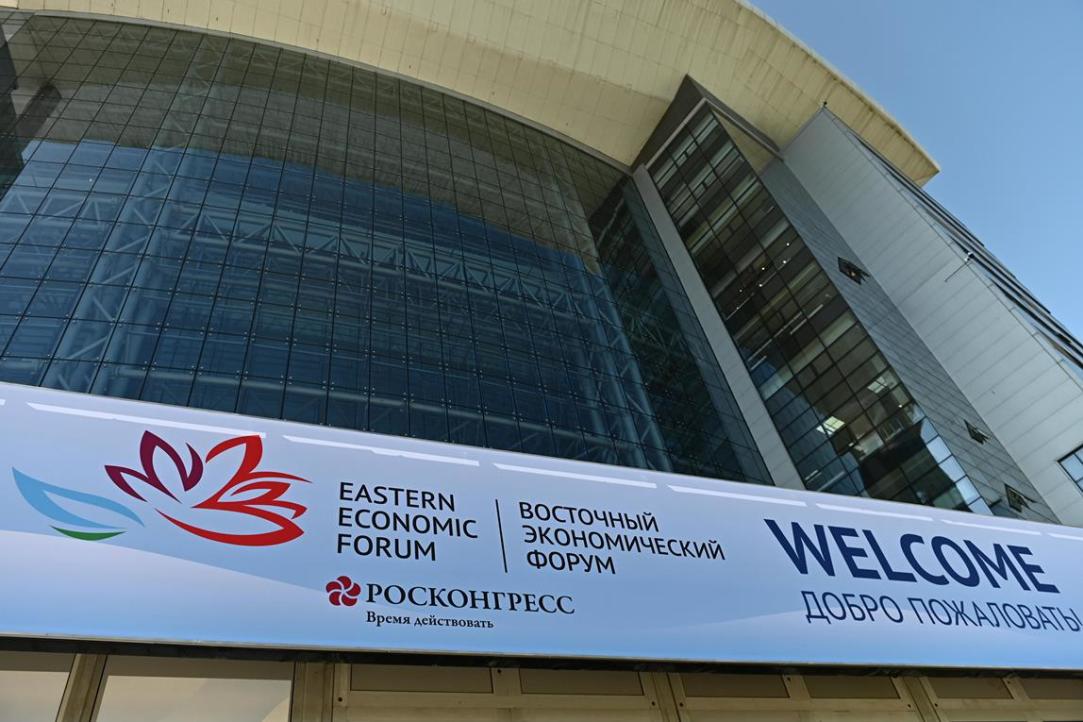
EEF-2022: Asian Countries in the Arctic Dialogue
The Eastern Economic Forum took place place in Vladivostok. The participants of the ‘Eastern Dimension of International Cooperation in the Arctic’ session stated that joint research will help to find mutual understanding between the circumpolar states and the countries of the Asia-Pacific region. HSE News Service covers some sessions in which experts from HSE University took part.
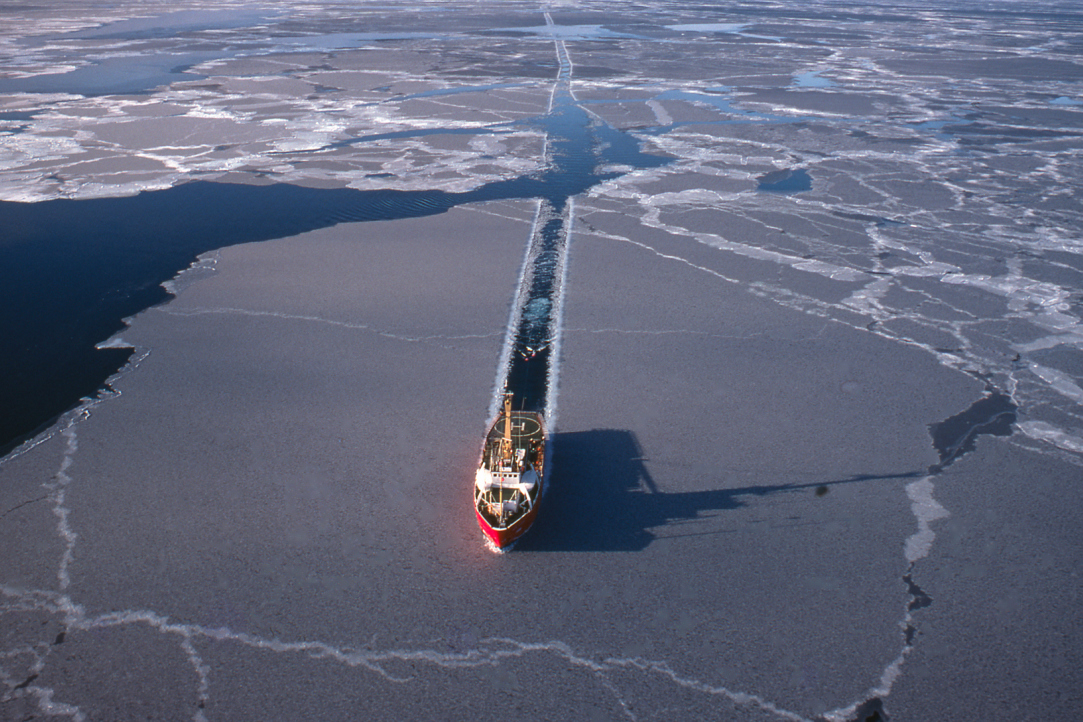
Researchers Present an Outlook for the Russian Arctic
The Russian Arctic should be better connected – economically and logistically – to the country's other regions, according to researchers of the HSE Faculty of World Economy and International Affairs. If Arctic projects are to develop further, they must be supported by stronger horizontal connections involving regional authorities, civil society organisations, the expert community, and the indigenous peoples of the North. The study is published in Regional Research of Russia.
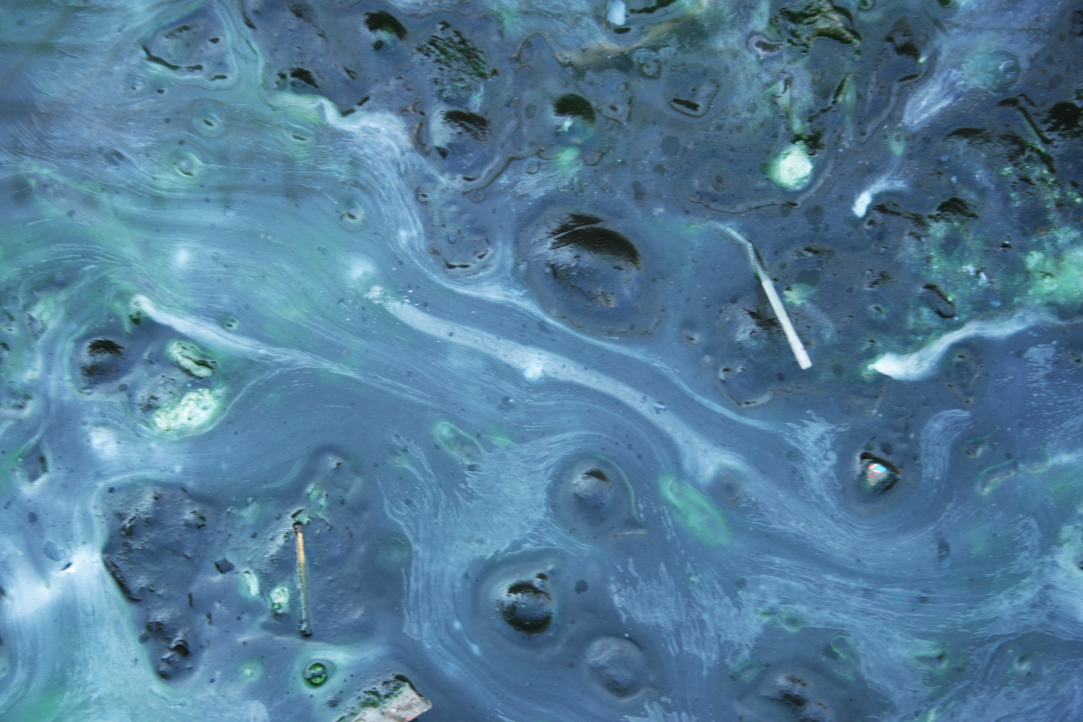
Researchers Explain How Massive Methane Emissions Affect Warming in the Arctic
Expeditions to the Eastern Arctic and Kara Seas investigated the thermal properties of bottom sediments. Numerous zones of bubbling methane flux were discovered in the shelf of the Laptev Sea and the East Siberian Sea, which researchers believe is affecting climate warming in the Arctic. The study has been published inMarine and Petroleum Geology.
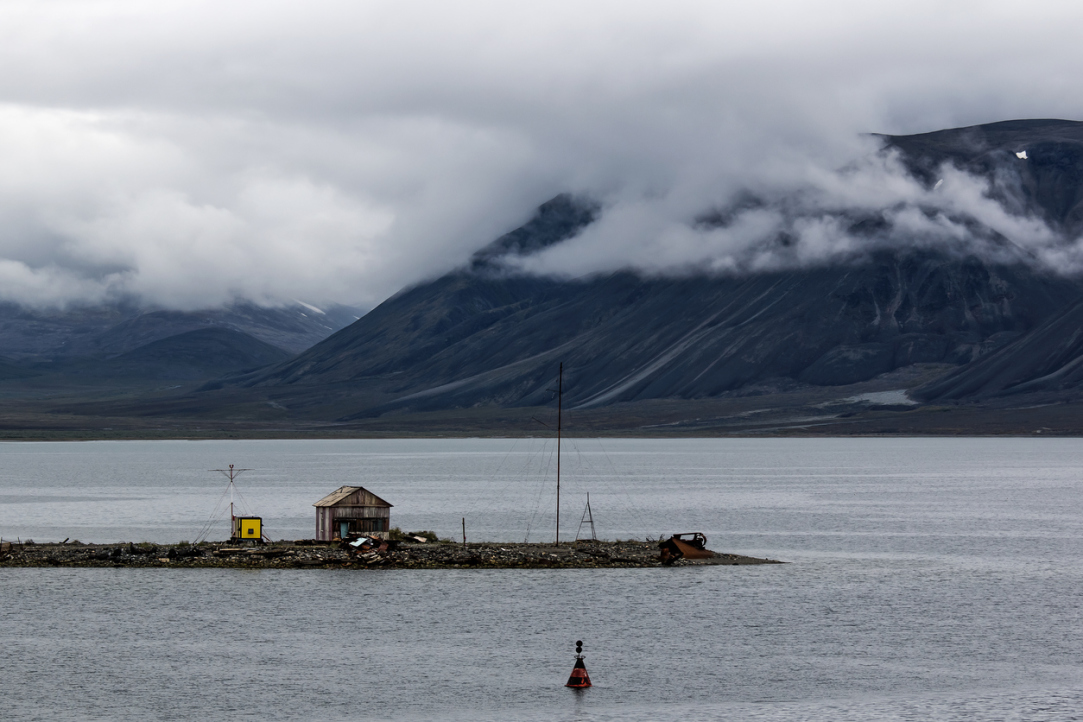
Problems of Arctic Development
The Arctic is not only a strategic outpost in geopolitical affairs, but also a region with difficult living conditions. At the same time, global warming causes melting of glaciers and permafrost, changes in terrain, environmental pollution and negatively affects the living conditions of indigenous peoples. These and other topics were discussed at the session ‘Problems of Arctic Development’ at the XXIII Yasin (April) International Academic Conference on Economic and Social Development.
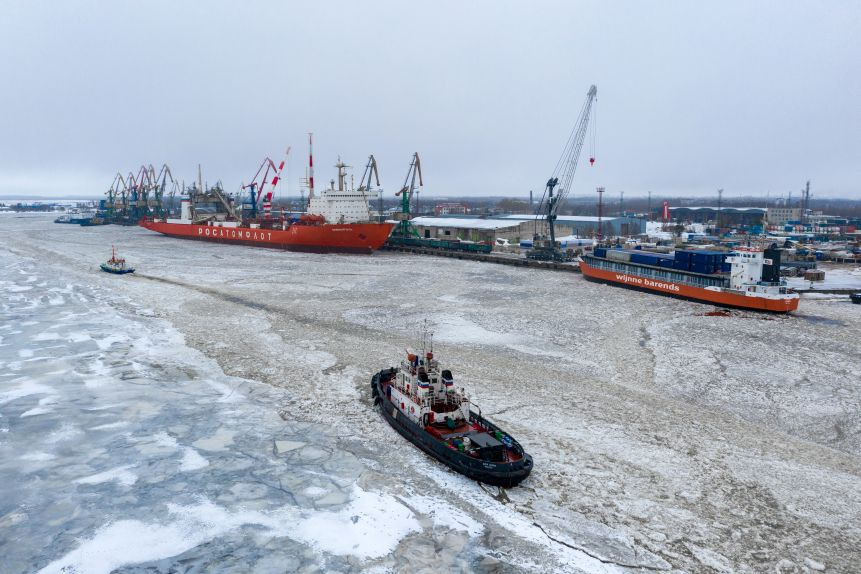
Baselines and Historical Territorial Waters: How Russia Can Protect Its Rights in the Artic
Climate change-induced ice melting in the Arctic has led to contradictions in the assessment of Russia’s rights in the region. As ice cover diminishes, Russia may be losing its influence on the territories that it has historically developed. This is partially due to the changing width of territorial waters by low-water lines. However, there are alternative legally valid ways to establish fair borders, which are described by researchers of the HSE Institute of Ecology in their paper ‘Prospects for the evolution of the system of baselines in the Arctic’.
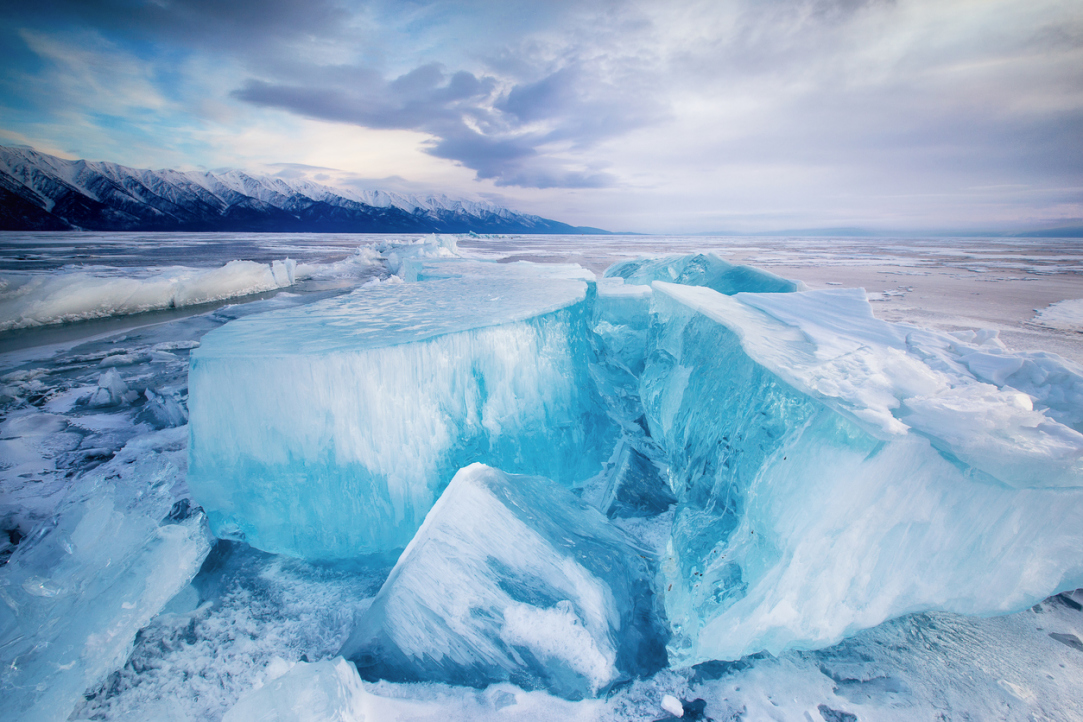
HSE Master’s Student Receives Grant for Developing Arctic Transport Platform Project
This project involves creating a prototype of a universal transport platform ‘SuperArctic+”, based on the results of studying existing and emerging technologies. The platform will be able to move on water, under water, on ice and on the ground.
10 metres per year
is the speed with which the shores of Russia’s northern seas are crumbling away.
‘The Arctic. Global Warming’ Exhibition at the HSE
From now until December 31, the best works of the social advertising festival LIME-2012 are being exhibited on the HSE campus in the building at 46b Volgogradsky Prospekt. The works are dedicated to the Arctic and global warming issues.


Submission Deadline: December 20, 2025